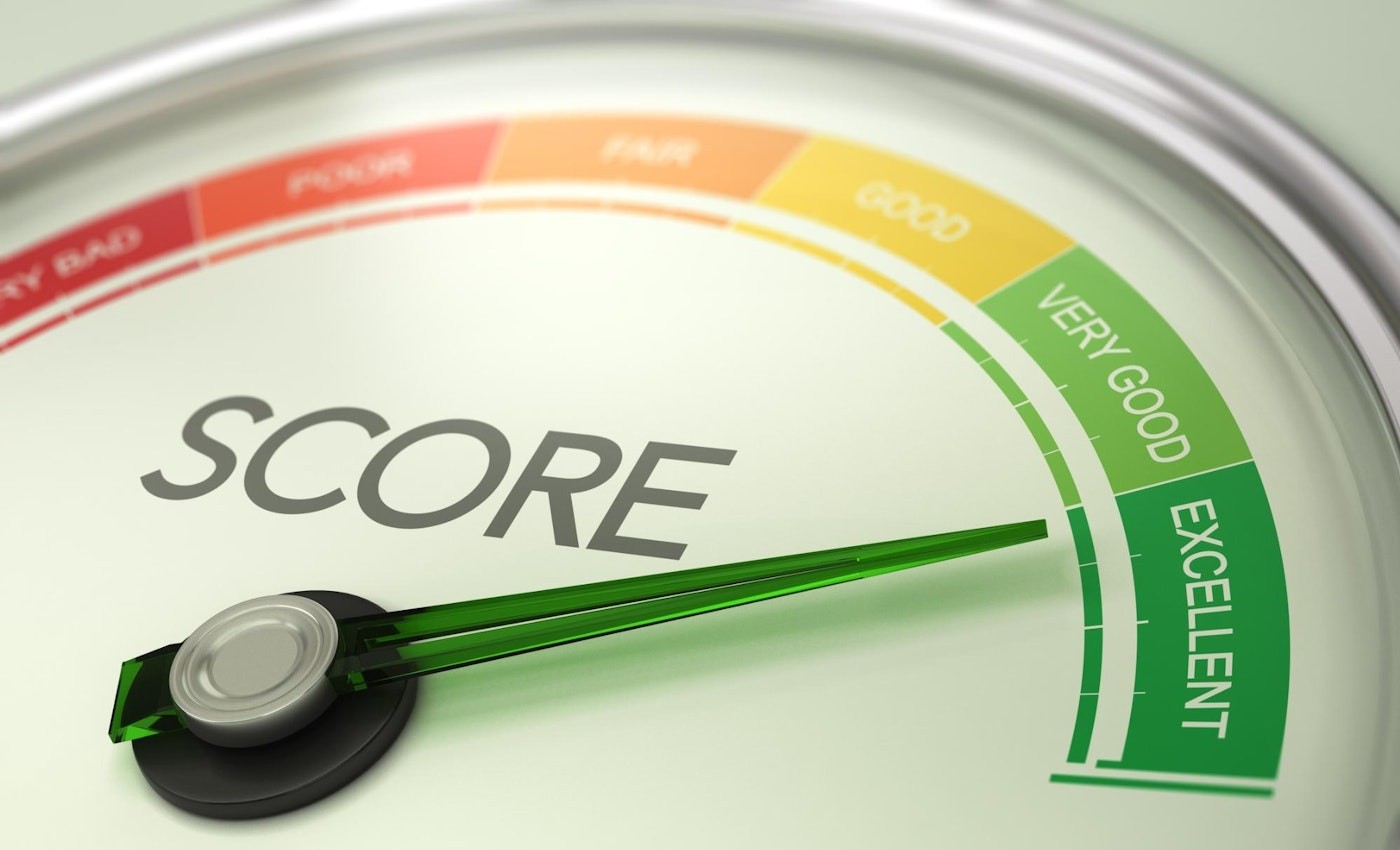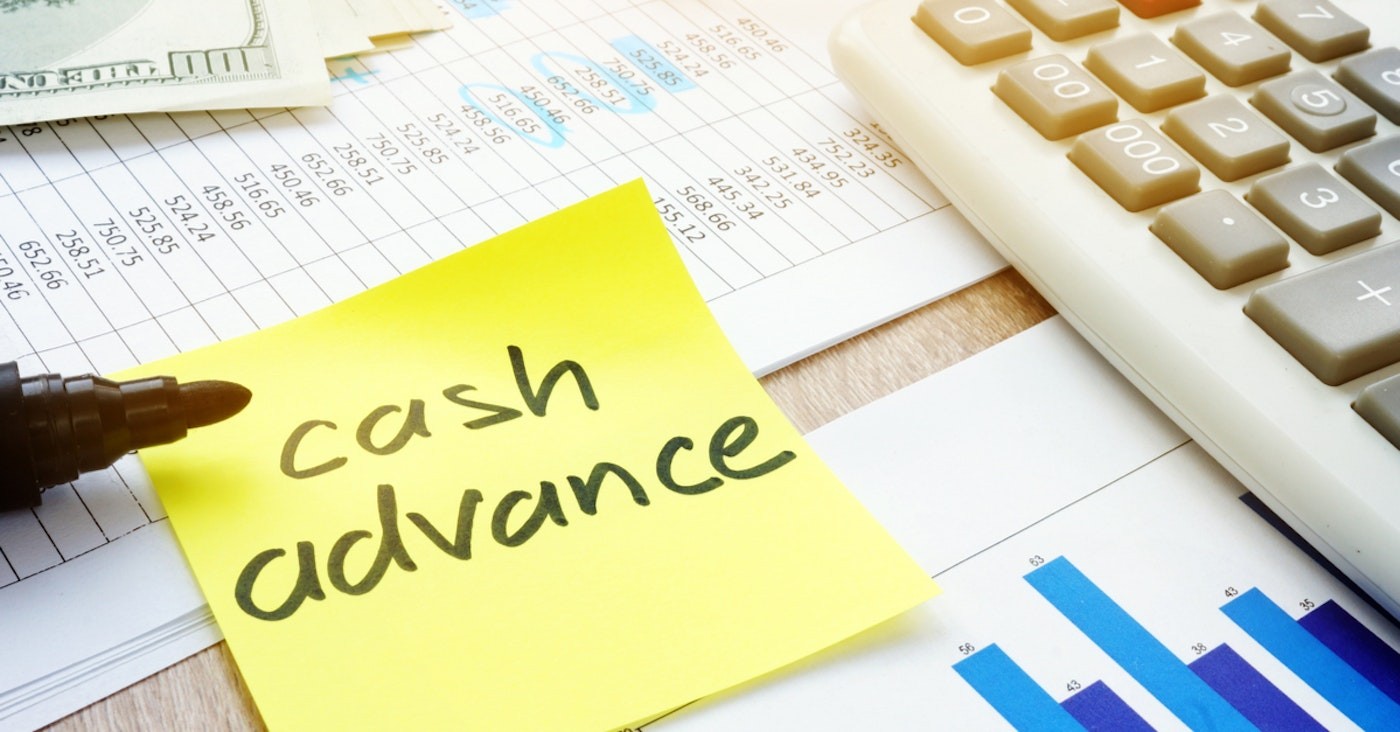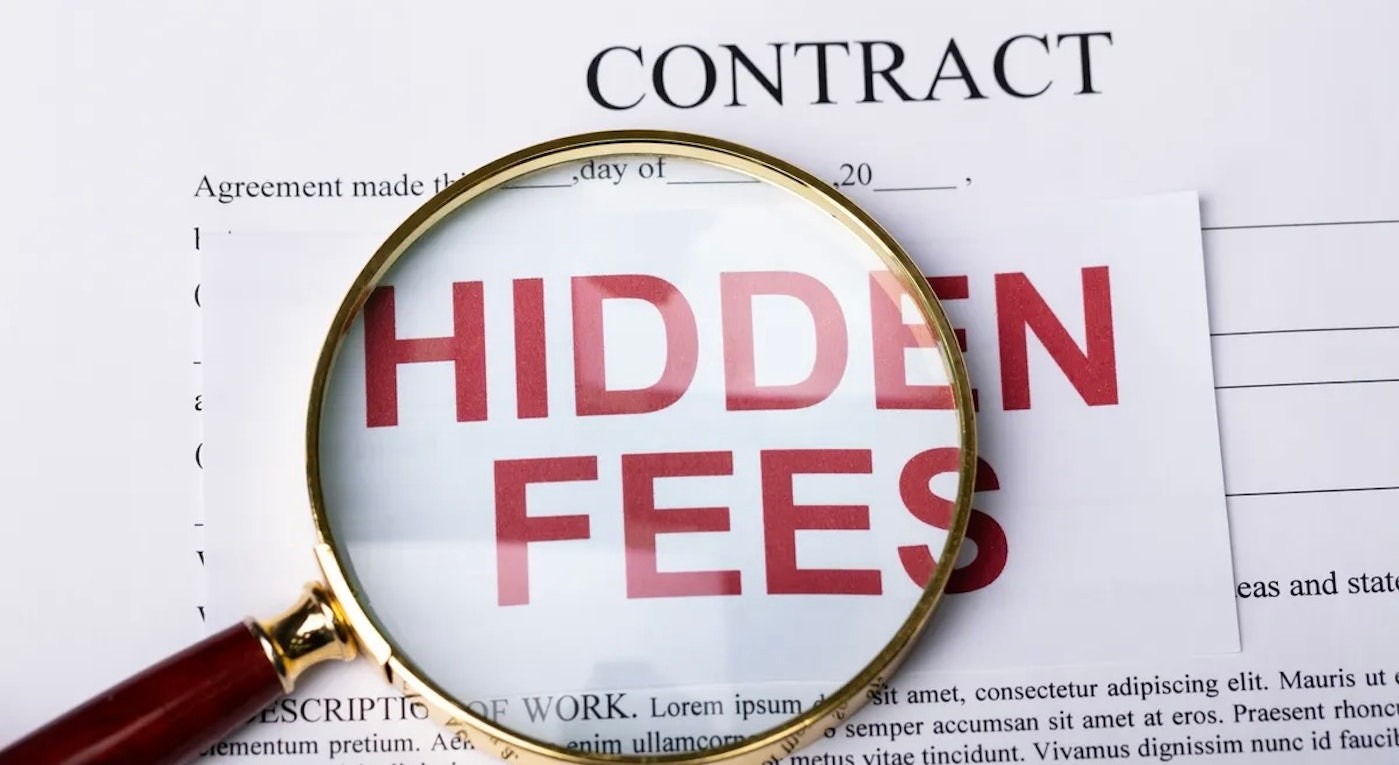Emergency Loans vs Credit Cards: A Cost Comparison

Introduction
Life has a way of surprising us with unexpected financial challenges – a sudden medical bill, a home repair, or a car breakdown. When these situations arise, having a plan for emergency funding becomes crucial. In this blog, I'll be your guide, shedding light on two common options: emergency loans and credit cards.
Unveiling Cost-Efficiency: Personal Loans vs. Credit Cards

In financial options, choosing between personal loans and credit cards during emergencies requires careful consideration. As a credit finance professional, I'm here to dissect the intricacies of cost-efficiency associated with each avenue. Let's delve into the factors influencing your borrowing costs and understand the nuances of personal loans and credit cards.
Personal Loans vs. Credit Cards: A Thorough Examination
When emergency funds arise, the first question often asked is whether a personal loan or a credit card is the cheaper option. Both choices have their merits, and the cost comparison largely hinges on interest rates, fees, and repayment terms.
Personal loans typically offer fixed interest rates that remain constant throughout the loan term. On the other hand, credit cards may come with variable interest rates that can fluctuate based on market conditions. While personal loans are often associated with lower interest rates, credit cards can be more flexible for smaller, short-term expenses.
Analysing the Impact of Interest Rates and Repayment Terms
Interest rates play a pivotal role in determining the cost of borrowing. Personal loans usually have lower interest rates than credit cards, making them an attractive choice for substantial expenses that savings can't cover. Personal loans often come with longer repayment terms, which can result in lower monthly payments.
Credit cards, while having higher interest rates, provide a revolving credit line that can be beneficial for managing ongoing expenses. However, if not managed carefully, credit card balances can spiral out of control, increasing interest charges.
Credit Score's Role in Determining Borrowing Costs

Your credit score is a vital factor in determining the interest rates you're offered for both personal loans and credit cards. Lenders consider your creditworthiness to assess the risk of lending money. Borrowers with higher credit scores are typically eligible for lower interest rates, resulting in lower overall borrowing costs.
Having a good credit score can make a substantial difference in the interest rate you're offered for personal loans. On the other hand, credit cards often have a range of interest rates based on credit score tiers, which means maintaining a good credit score can help you access more favorable rates.
The Price of Convenience: Credit Cards vs. Payday Loans

As a credit finance professional, I can't emphasise the importance of understanding the cost implications of different borrowing options. Regarding emergencies, credit cards and payday loans are often pitted against each other. Let's delve into the true cost of payday loans and compare them with credit cards.
Evaluating Credit Cards vs. Payday Loans: A Professional Insight
Credit cards offer a versatile means of accessing funds quickly. While they come with higher interest rates than personal loans, their costs are typically more manageable than payday loans. Payday or short-term loans often target individuals needing cash or struggling to make ends meet. However, the convenience comes at a steep price.
The True Cost of Payday Loans: APRs and Hidden Charges
Payday loans are notorious for their sky-high Annual Percentage Rates (APRs). These APRs can easily exceed 300%, leading borrowers into a cycle of debt that's difficult to escape. While payday loans may seem like a lifeline in emergencies, their exorbitant costs can quickly become a financial nightmare.
Comparing the APRs of payday loans and credit cards reveals a stark contrast in cost. Credit cards with higher interest rates are often more cost-effective than payday loans due to their more structured repayment terms.
Debunking the Cash Advance Myth: Expenses Compared

Cash advances can be enticing during emergencies, offering immediate access to funds. However, it's essential to understand the true cost of cash advances compared to regular credit card transactions.
A Detailed Analysis of Cash Advances vs. Credit Card Transactions
While credit cards provide the convenience of cash advances, these transactions typically come with higher interest rates and additional fees. Unlike regular credit card transactions, which often have an interest-free grace period if you pay your balance in full, cash advances start accruing interest immediately.
Moreover, cash advances often carry transaction fees, usually calculated as a percentage of the withdrawn amount. These fees can further increase the cost of borrowing through cash advances.
Revealing the Hidden Costs of Cash Advances

It's easy to underestimate the cost of cash advances due to their immediate accessibility. However, higher interest rates, lack of grace periods, and transaction fees can result in a significantly higher cost than regular credit card transactions or other borrowing options.
Before resorting to a cash advance, it's crucial to consider alternative funding sources and evaluate the urgency of your needs. If a cash advance is unavoidable, understand its terms, fees, and interest rates.
Effective Strategies to Minimise the Impact of Cash Advances
If you find yourself in a situation where a cash advance is your only option, there are strategies you can employ to minimise its impact. First, aim to repay the cash advance as quickly as possible to limit the interest accumulation. Some credit cards may offer temporary promotional interest rates on cash advances, so it's worth exploring your card's terms and conditions.
However, it's important to approach cash advances cautiously and consider other borrowing options if available. In the long run, building an emergency fund can be a more sustainable solution to cover unexpected expenses without resorting to high-cost borrowing.
A Holistic Approach: Credit Cards or Loans in Your Financial Arsenal?

As a credit finance professional, I take a holistic approach to managing your finances, especially during emergencies. The choice between credit cards and loans isn't always black and white; it depends on your circumstances and financial goals.
Crafting a Financial Strategy: Credit Cards, Loans, or a Blend of Both?
Rather than viewing credit cards and loans as opposing options, consider them as tools in your financial arsenal. Personal loans are well-suited for larger expenses that require a structured repayment plan, while credit cards provide flexibility for immediate needs and ongoing expenses.
Strategically using credit cards for smaller, short-term expenses and reserving personal loans for more significant financial needs can help you balance cost efficiency and financial flexibility.
Balancing Immediate Needs with Long-term Financial Well-being

When emergencies strike, it's natural to focus on the immediate need for funds. However, it's equally important to consider the long-term impact of your borrowing decisions. High-interest loans or credit card debt can accumulate quickly, affecting your financial stability.
Take a moment to assess your overall financial picture. Consider your debt, credit score, and repayment capacity before borrowing. Explore options beyond borrowing, such as tapping into emergency savings or seeking assistance from local community resources.
Navigating Borrowing Decisions Based on Individual Financial Goals
The ultimate decision between credit cards and loans should align with your financial goals. If your priority is minimising costs in the long run, personal loans with lower interest rates might be more suitable for substantial expenses. On the other hand, if you value flexibility and convenience, credit cards can be valuable if managed wisely.
Before making any borrowing decision, I recommend consulting with a qualified financial advisor who can provide personalised guidance based on your unique circumstances. An expert's perspective can help you make an informed choice that supports your immediate needs while keeping your long-term financial well-being in mind.
Conclusion

Navigating the landscape of emergency financing requires careful consideration and informed decision-making. Remember that each individual's financial situation is unique, and there's no one-size-fits-all solution.
While credit cards offer flexibility and personal loans provide structure, the key is to strike a balance that aligns with your financial goals. Whether you're facing a sudden medical expense or an unexpected repair, take the time to evaluate your options, consider the long-term impact, and seek professional advice when needed.
If you're facing financial challenges and require an emergency loan, Driva is the solution to explore. You can discover options that match your budget through our extensive network of lenders. Plus, our 100% online application process ensures convenience and ease.


.png)







